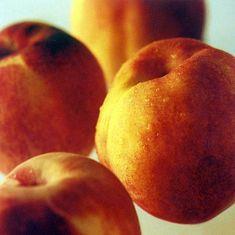
Hailstorms at the end of last week in Italy’s main stonefruit production region of Emilia-Romagna are set to push prices higher in an already low-volume year for peaches, nectarines and apricots across Europe.
A spokeswoman for the agriculture office of the Emilia-Romagna regional government said: “The decline in supply will have a negative impact on producers who, in some areas because of last week’s heavy hailstorms have seen 50 per cent of their harvest destroyed.” The effects are most felt on the two main crops of peaches and nectarines from the northern Italian region.
Forecasts of a delayed start and reduced volumes because of unseasonably cold temperatures and untimely rainfall are already well documented. However, it seems that although prices in markets across Europe are on an upward trajectory, producers are still nervous that a one-sided relationship with supermarkets hell-bent on price promotion will threaten their profitability. “What we must highlight is that there are still relationships between producers and supermarkets and between producers and processors which are far from positive,” said regional farm councillor Tiberio Rabboni, who is calling for a French-style agreement between growers and retailers to prevent below-cost selling.
Meanwhile, in Spain apricot production in the south-eastern region of Murcia is running 30 per cent below last year and two weeks late but with excellent fruit quality. “There is a still a long way to go, but we are looking at a season of reduced profitability,” said Joaquin Gómez, president of grower-exporters’ association Apoexpa. “Prices have been strong but this is not enough to make up for the large reduction in volume. Now Italy is coming on stream too, so with more product on the marketplace in Europe, prices will start to creep down.”
Luis Marín, manager of the Asociafruit organisation in Seville agreed: “We have finished our peach and nectarine campaign now as we have early varieties. The start was late and volumes were more than 20 per cent down, so higher prices have not made up the shortfall.”



